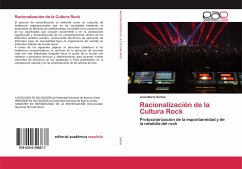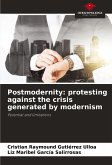Entering the workplace, attending a hospital, traveling on public transport or having fun in a place of entertainment are all different activities, but they have in common that they are actions carried out within organized, regulated and sustained spaces based on operational parameters of behavior. The functioning of organizations (companies, state apparatuses, trade unions, NGOs, festivals, cultural centers and entertainment spaces) requires the regularization of social behaviors, coordination and supervision of their participants within administrative frameworks oriented towards predictability, stability and efficiency; in organizational spaces people have crossed expectations about the actions of others, they trust that everyone will conform to the protocols and parameters formally established in each organization. The tendencies of rationalization that sustained the organization of capitalism have been confronted in recent decades with centrifugal forces aimed at undermining those orders that made the organizational functioning of economic, political, social and cultural life stable. The following pages analyze scenarios in which heterogeneous tendencies of contemporary rationalization are manifested as effectors and guidelines for the organization of the objective and subjective planes of social life, externalized in the application of intellectual and technical procedures and in the demands of applicability of a consistent and evaluative reflexivity with respect to reliable empirical data or formalized structures structured coherently with a calculability of selection of procedures for the fulfillment of determined ends or the adjustment with ideals and values.
Bitte wählen Sie Ihr Anliegen aus.
Rechnungen
Retourenschein anfordern
Bestellstatus
Storno








